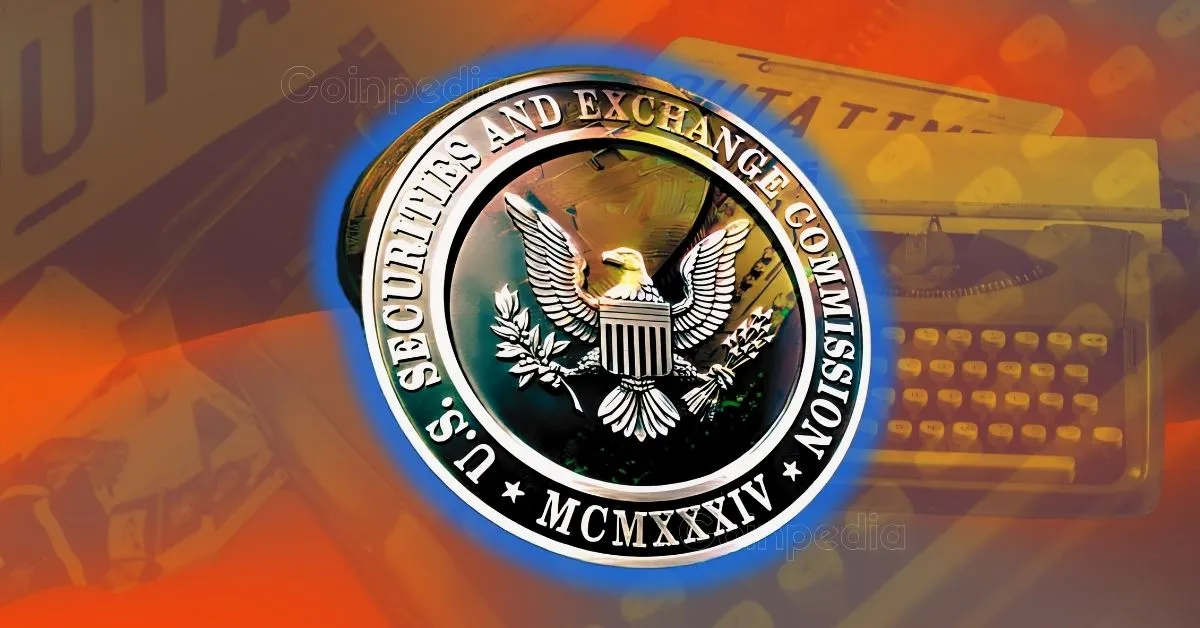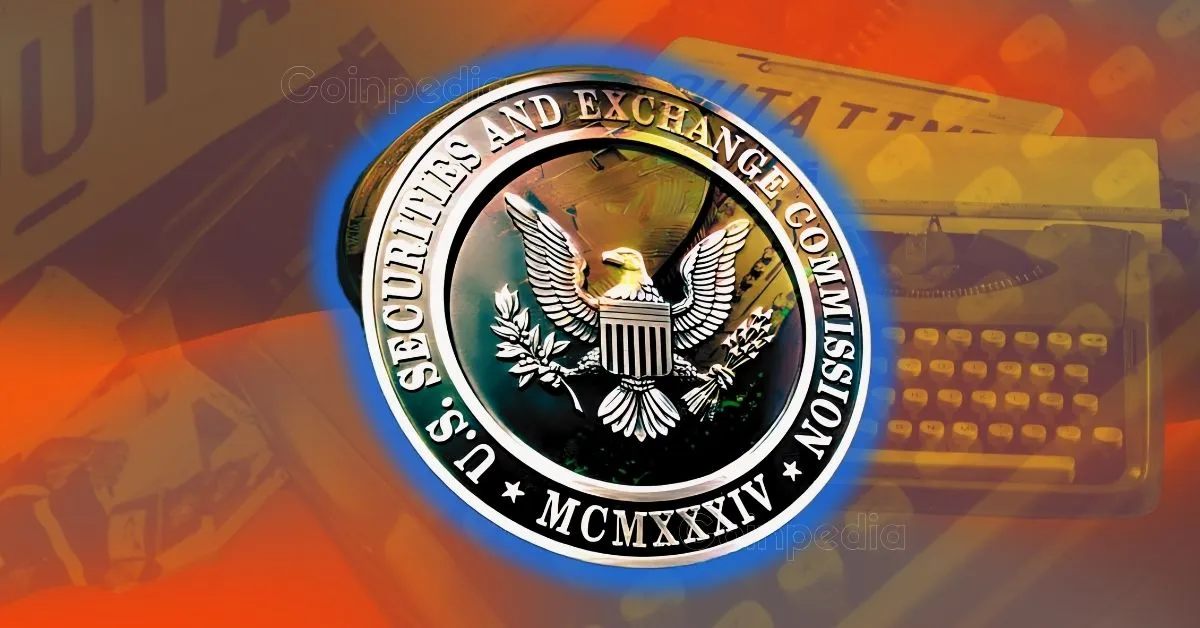The SEC’s Crypto Regulation Tour: A Deep Dive into Project Crypto
Introduction: The SEC’s Bold Step into the Crypto Frontier
The U.S. Securities and Exchange Commission (SEC) is making a significant move to engage with the rapidly evolving crypto industry through an ambitious initiative called “Project Crypto.” This multifaceted approach includes a nationwide roundtable tour, the formation of an AI Task Force, and a broader vision to reshape crypto asset regulations. The SEC’s proactive stance signals a recognition of the crypto industry’s growing influence and the need for a regulatory framework that balances innovation with investor protection.
The 10-City Roundtable Tour: A Listening Expedition
Why Focus on Small Startups?
The SEC’s decision to focus on small-scale crypto startups—those less than two years old and with ten or fewer employees—is strategic. These startups often lack the resources and legal expertise of larger players, making them more vulnerable to regulatory uncertainty. By engaging directly with these startups, the SEC aims to gain a nuanced understanding of their challenges and opportunities. This approach ensures that future regulations are tailored to the specific needs of this vital segment of the crypto ecosystem.
Tour Logistics and Locations
The roundtable tour will take place in ten cities across the U.S. between August and December 2025. The tour kicks off in Berkeley, California, a hub of technological innovation, and will continue to cities like Boston, Dallas, Chicago, and New York. These locations were carefully selected to represent diverse geographic regions and crypto ecosystems. The specific dates and venues for each roundtable will be announced closer to the event dates.
Expected Outcomes
The roundtables are expected to generate valuable qualitative data for the SEC. By listening to the concerns, suggestions, and experiences of crypto startups, the agency hopes to develop a more informed and balanced perspective on the potential benefits and risks of crypto assets. The outcomes of these discussions will likely influence the SEC’s regulatory framework, ensuring it is better suited to the unique characteristics of the crypto industry.
Project Crypto: A Broader Vision for Regulatory Innovation
On-Chain Finance: The Future of Financial Systems?
The concept of “on-chain finance” involves using blockchain technology to automate and streamline financial processes. This could include tokenizing traditional assets, creating decentralized exchanges, and developing new forms of lending and borrowing. By embracing on-chain finance, the SEC aims to reduce friction and costs associated with traditional financial transactions, increase transparency and efficiency in financial markets, and foster greater financial inclusion.
However, this transition presents significant regulatory challenges. The SEC must address issues such as how to classify different types of crypto assets under existing securities laws, how to regulate decentralized exchanges and other on-chain platforms, and how to protect investors from fraud and manipulation in the crypto markets.
The AI Task Force: Embracing Technological Advancement
Recognizing the growing importance of artificial intelligence in the financial industry, the SEC is forming an AI Task Force as part of Project Crypto. This task force will be responsible for improving the SEC’s own operations through the use of AI technologies, exploring the policy implications of AI in the financial markets, and developing guidelines for the responsible use of AI in the crypto industry. The formation of the AI Task Force demonstrates the SEC’s commitment to staying ahead of the curve in the rapidly evolving world of technology.
Potential Impact and Challenges
Potential Benefits
Project Crypto has the potential to significantly shape the future of crypto regulation in the United States. If successful, it could lead to a more transparent, efficient, and innovative crypto ecosystem that benefits both investors and entrepreneurs. The project aims to increase regulatory clarity, foster greater innovation, improve investor protection, and enhance market efficiency.
Challenges
However, the project also faces significant challenges. The SEC must strike a delicate balance between fostering innovation and protecting investors. Overly restrictive regulations could stifle innovation and drive crypto activity overseas, while lax regulations could expose investors to unacceptable risks. The SEC must also develop clear and consistent criteria for classifying crypto assets as securities and address the unique regulatory challenges posed by decentralized finance (DeFi) platforms. Enforcing regulations in the crypto industry can be challenging due to the anonymous and cross-border nature of many crypto assets.
Conclusion: A New Era for Crypto Regulation?
Project Crypto represents a significant step forward in the SEC’s efforts to regulate the crypto industry. By engaging with the public, forming specialized task forces, and embracing new technologies, the SEC is signaling its commitment to creating a regulatory framework that is both supportive of innovation and protective of investors. While the challenges are significant, the potential rewards are even greater. If successful, Project Crypto could usher in a new era of transparency, efficiency, and innovation in the financial markets, solidifying the United States’ position as a leader in the global crypto economy. The road ahead is complex, but the potential for a balanced and innovative future is within reach.












